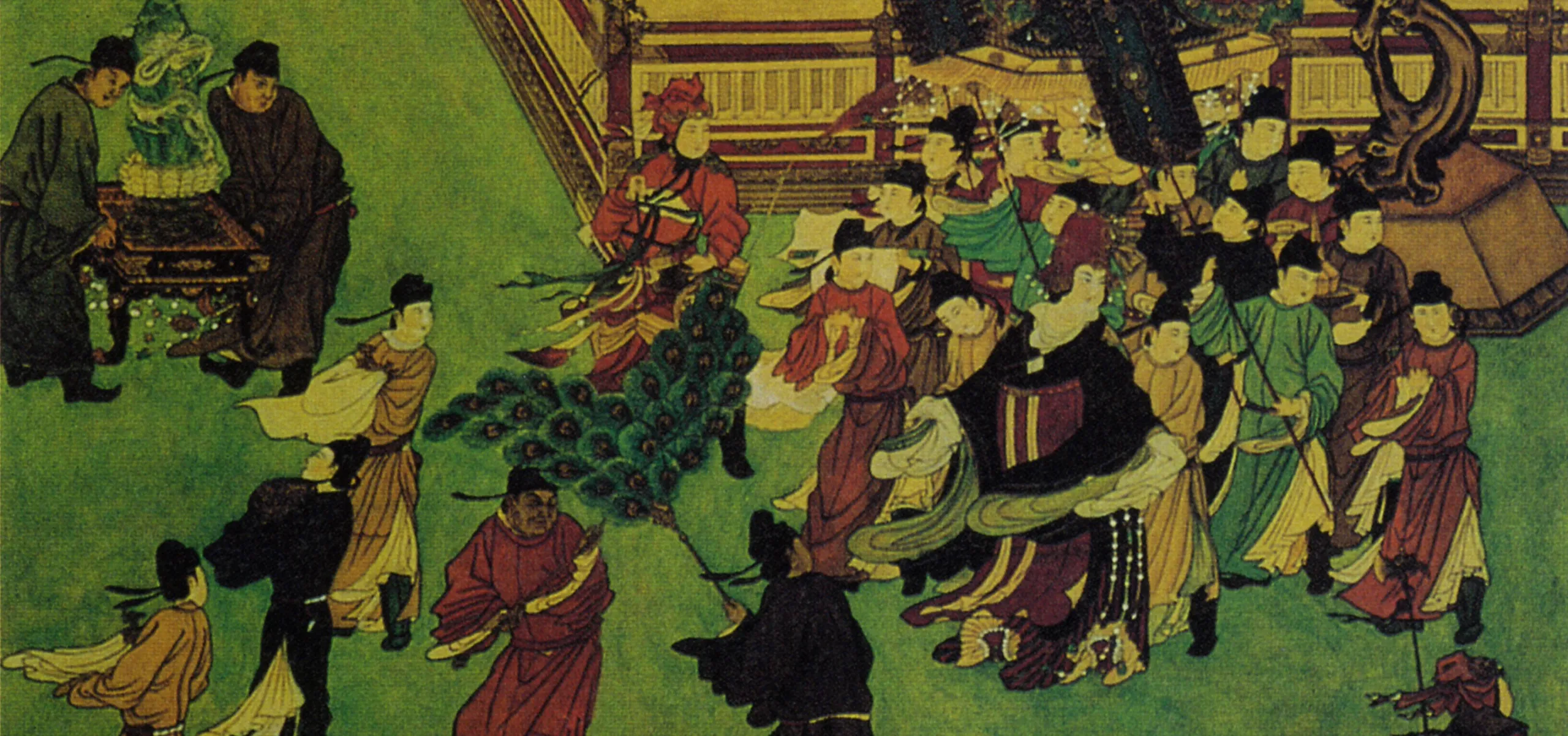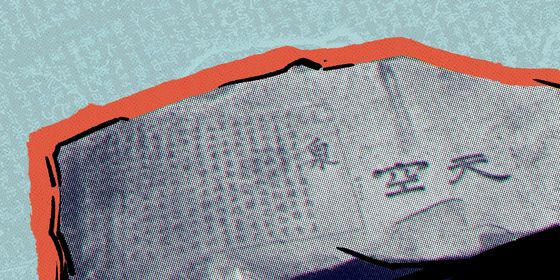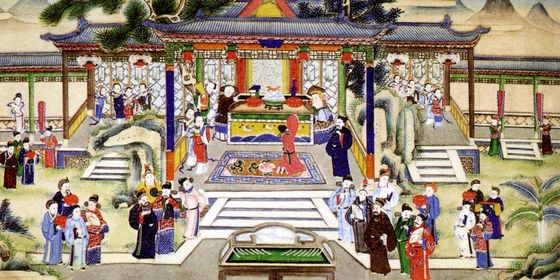How rulers and would-be rulers used and manipulated prophetic texts
From celestial phenomena to successful harvests, auspicious signs from heaven were a must for any ruler in ancient China. One of the surest ways to sure up legitimacy for a ruler, or prospective ruler, was to make predictions about the future, with emperors often seeking knowledge of future happenings from sages, divinators, and officials in order to legitimize their rule.
Some proved more prophetic than others: Military strategist Zhuge Liang’s (诸葛亮) Divination Before Wars (《马前课》), written during the Three Kingdoms period (220 – 280), successfully predicted a number of events over the next thousand years, including that a king would emerge from the east of the Yangtze River—Sima Rui (司马睿) took the crown in the Eastern Jin dynasty (317 – 420)—and that a female emperor would arise in the fourth dynasty after the Three Kingdoms, which Wu Zetian (武则天) did in the Tang dynasty (618 – 907).
Prophecies could come from books supposedly gifted by gods, leaves with messages written by worms, or pieces of silk with mysterious characters on them. Here are some influential prophecies from Chinese history:













